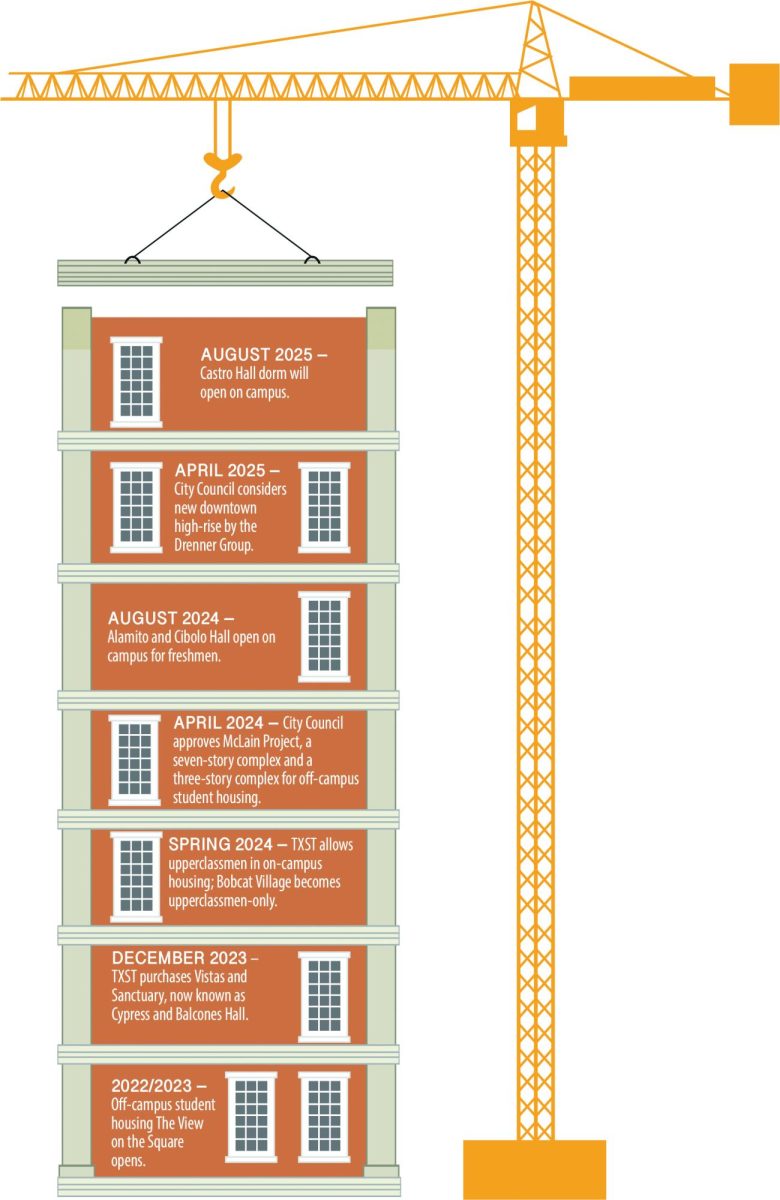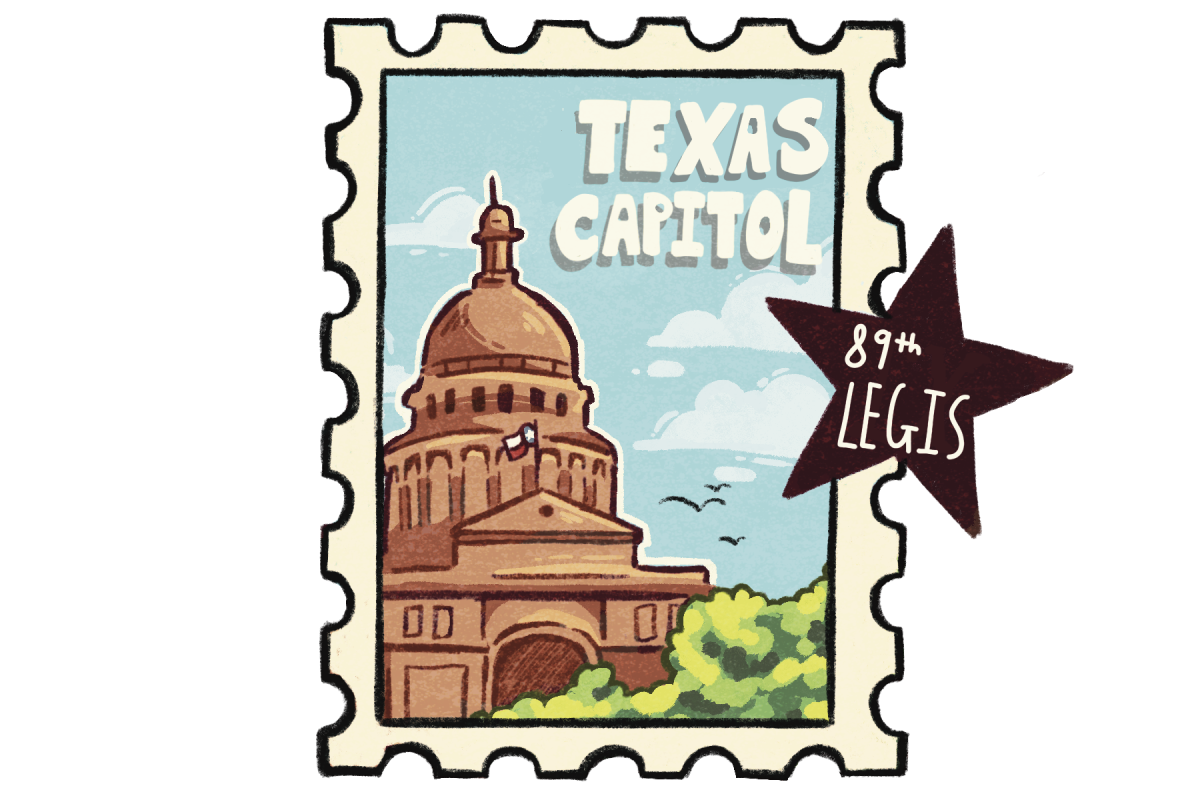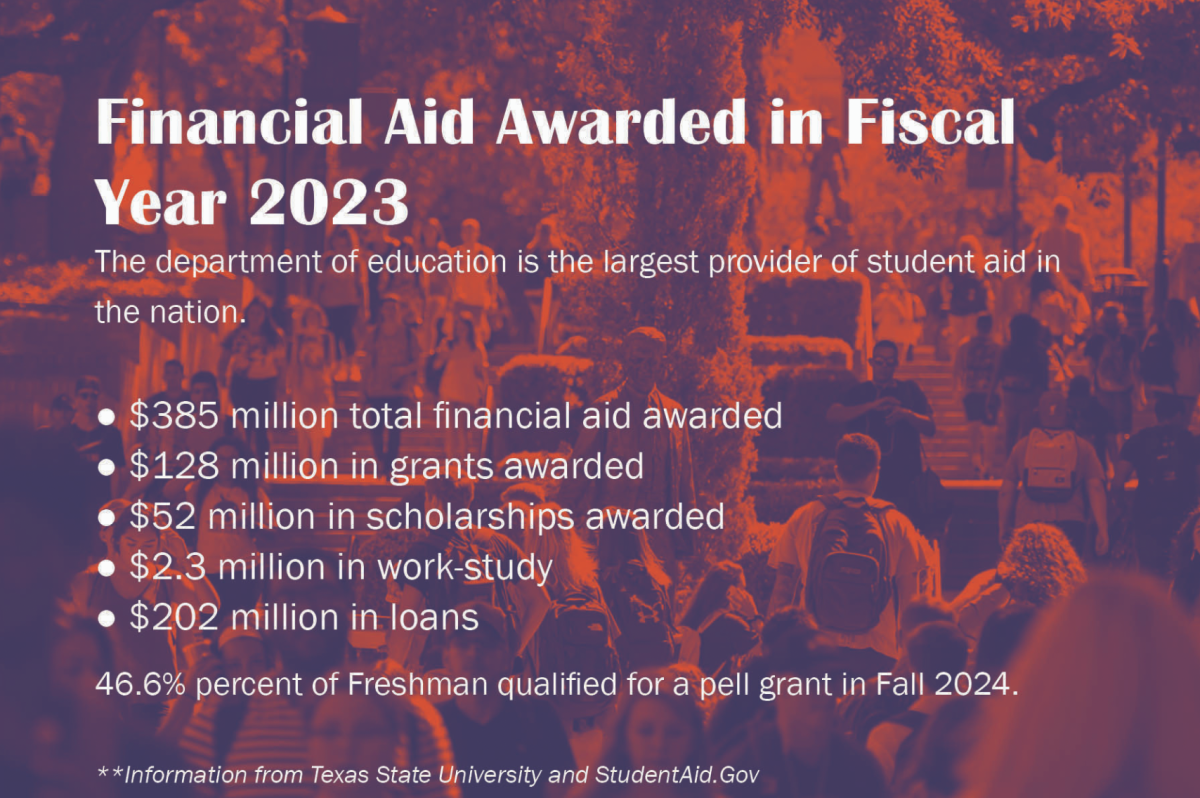Last month, University officials revealed an effort to bring to campus the McNair Scholars Program, a federal initiative that assists underrepresented students seeking doctorate degrees.
The primary writer of the application for the grant was Cheryl McWilliams, director of Student Support Services, with assistance from Jonnie Wilson, assistant director of Student Diversity and Inclusion, and Russ Hodges and Emily Payne, both faculty from Curriculum and Instruction.
“The McNair grant is important because it will help minority students prepare for doctorate degrees in the STEM fields,” Wilson said. “Which are lacking people of color at this time.”
The Ronald E. McNair Post Baccalaureate Achievement Program is a discretionary, competitive grant which offers advancement through research and other scholarly opportunities geared toward earning a doctorate degree.
Wilson said efforts for putting together the proposal started in the fall and expects to hear back on their application in either August or September.
The McNair program is part of the federal TRIO programs designed and supported by the United States Department of Education.
The McNair program is designed to encourage growth in science, technology, engineering and mathematic fields. However, it may be open to other fields, depending on the format of an institution’s proposal submitted to the Department of Education.
Currently, the McNair Program serves 18 higher learning institutions across Texas including the University of North Texas, the University of Texas at Austin and St. Edward’s University.
Sonia Briseno, assistant director of the McNair Scholars Program at St. Edward’s, said the university obtained the program in 2004. Since then, the university has served over 183 students through the program, which Briseno believes has been helpful to low-income, first-generation college students.
“For many of them, they don’t know what a graduate degree means for them and what they need to do to set themselves up for those opportunities,” Briseno said.
Participants who are underrepresented must be low-income, first-generation college students with an emphasis on recruiting Black, Hispanic, American Indian, Alaskan Native, Native Hawaiian, Native American and Pacific Islanders, according to the language of the Higher Education Act of 1965 from which the TRIO programs derive.
“I am part Native Hawaiian, but I grew up in West Texas and I never really felt connected to my roots,” said Amy Ontai, St. Edward’s McNair scholar. “I saw this as a wonderful opportunity to give back to the Native Hawaiian community by allowing a greater representation of Native Hawaiians in doctoral degrees.”
Access to McNair funds is not limited to only those born in the United States; the program is also available to citizens, permanent residents and anyone in the United States for reasons that prove intent to become permanent residents.
Other criteria considered for the program include a review of the student’s academic background, faculty recommendations and a personal statement written by the student outlining his or her research goals.
Although the program only helps students throughout their undergraduate years, those involved in the program keep connected with the McNair faculty that helped guide them through their academic careers.
“They continue to check up on me and provide me help with applications,” said Isavannah Reyes, a McNair scholar at St. Edward’s. “Without their help, I am not sure I would be as motivated or prepared to apply to graduate school.”
Grants are awarded in five-year cycles with annual performance reviews. Over $40 million will be allotted for the 2017 yearly budget for the McNair Program at the national level.
There are an estimated 164 institutions that will be awarded funds for the McNair program during the 2017-2018 school year, averaging an estimated $226,600 award per institution.
Depending on the size of the cohort admitted at each institution, the average award for each recipient of the McNair scholars comes out to $9,064.
Editor’s Note: This article is being republished to correct inaccuracies in the article published on April 23, 2017. The University Star apologizes for the errors.
Categories:
Office of Student Diversity and Inclusion pushes for federal grant program to aid underrepresented students
April 23, 2017
A Texas State University Faculty Senate meeting Feb. 8. Photo by: Jennifer Chacon | Staff Photographer
0
Donate to The University Star
Your donation will support the student journalists of Texas State University. Your contribution will allow us to purchase equipment and cover our annual website hosting costs.
More to Discover















